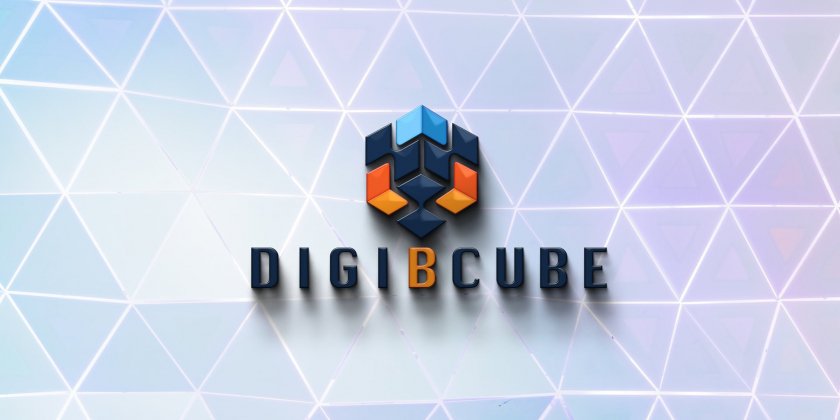
The DIGI-B-CUBE project aimed to foster the development of customized solutions and prototypes for the healthcare sector.
In April 2018, Oslo Cancer Cluster and 8 European partners submitted a proposal titled “Digital Enterprise Innovations for Bioimaging, Biosensing and Biobanking Industries (DIGI-B-CUBE)” to Horizon 2020 – an EU research and innovation funding programme. The proposal was approved and the EU commission granted approximately 5 million euro to the DIGI-B-CUBE consortium.
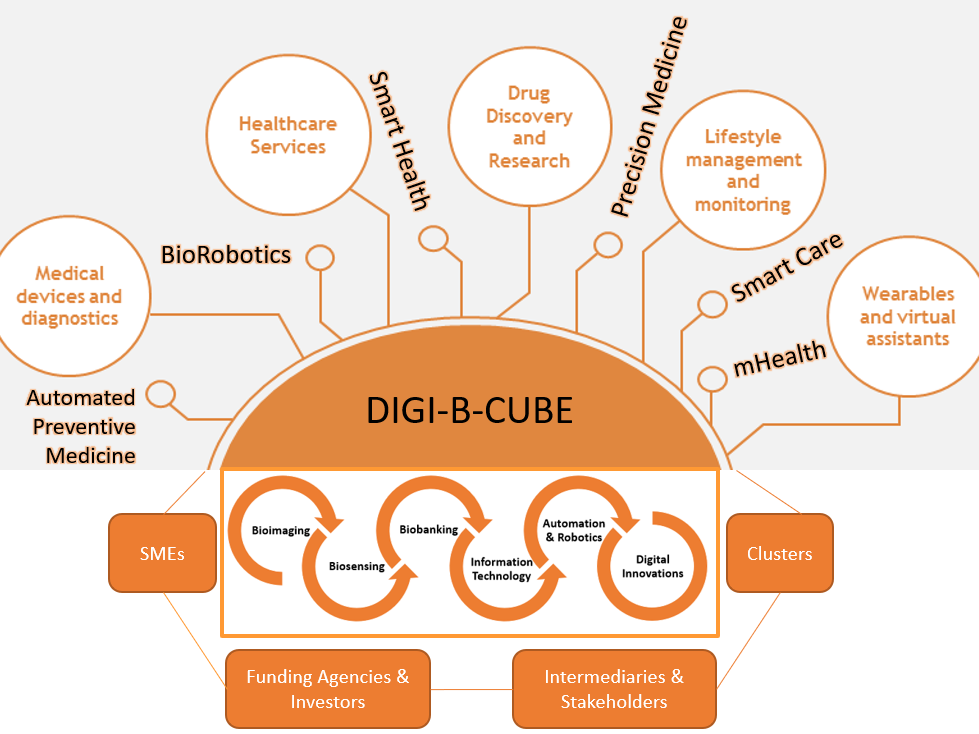
DIGI-B-CUBE will facilitate the identification of artificial intelligence and cognitive computing digital technologies which can be applied by the bioimaging, biosensing and biobanking industries.
The DIGI-B-CUBE project fostered the development of customized solutions and prototypes for the healthcare sector. The project provided innovative small and medium-sized enterprises (SME) in the EU and associated countries with access to vouchers of up to €60,000. SMEs also engaged in the project by participating in the sectoral and cross-sectoral workshops as well as matchmaking sessions.
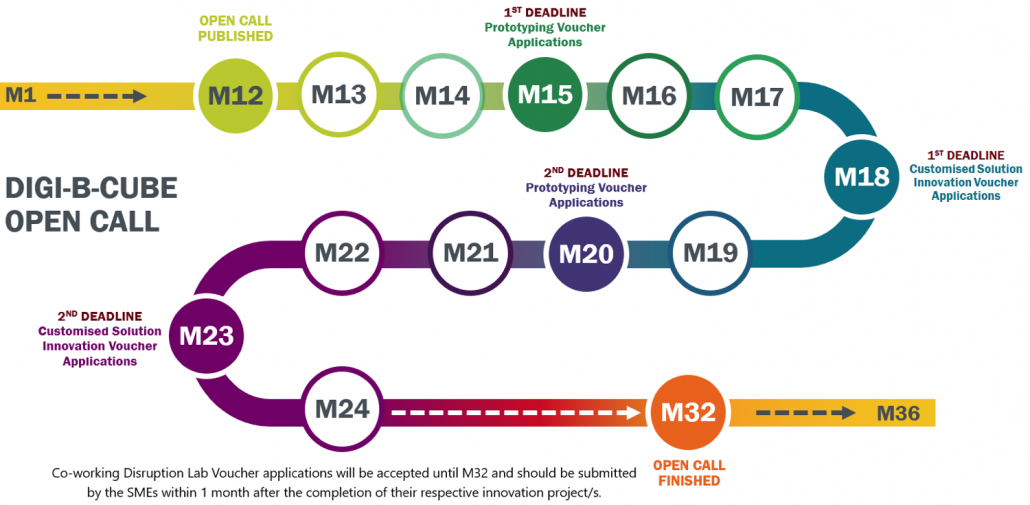
The voucher scheme open call and online matchmaking portal will be launched in April 2020.
What is “B-CUBE”?
“B-CUBE” is an abbreviation for bioimaging, biosensing and biobanking.
- Bioimaging, or biological imaging, refers to when creating images of the human body or parts of it to diagnose or examine disease.
- Biosensing is the measurement of a chemical substance, for example glucose monitoring in diabetes patients or other medical health related targets.
- Biobanking is the storing of human biological samples so that they can be used for medical research later.
The large and complex datasets derived from these fields will require automated medical diagnostic processes. Digitalization solutions will reconfigure how health treatment is provided and will lead to more effective diagnosis and will enable personalized medicine.
Partners:

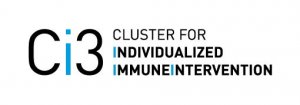

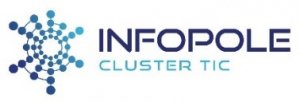
![]()


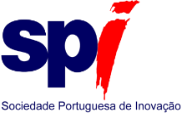
Acknowledgements:
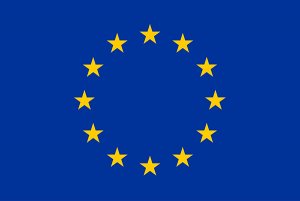
This project has received funding from the European Union’s Horizon 2020 research and innovation programme under grant agreement no 824920.








